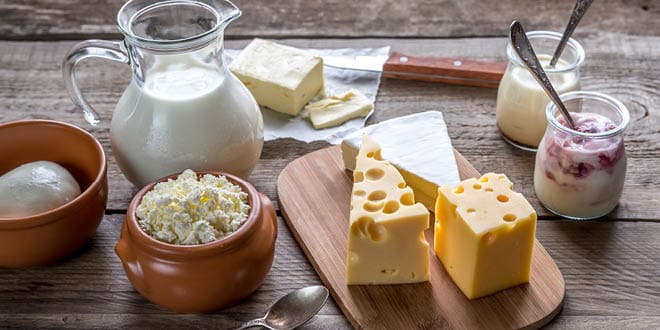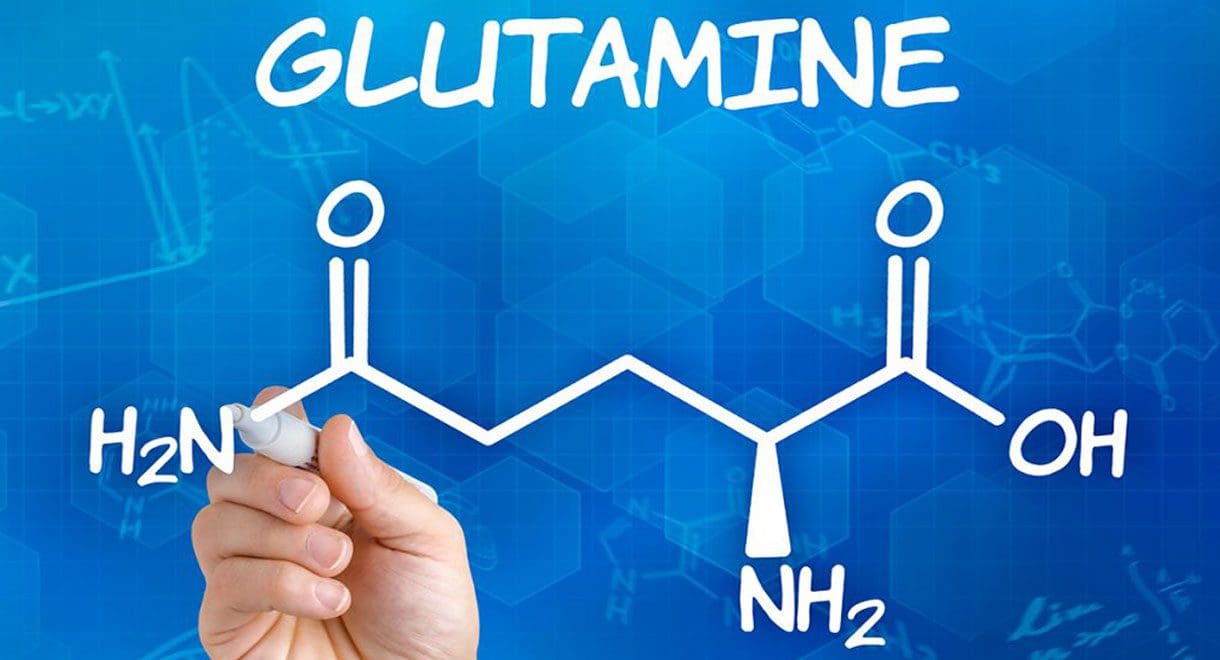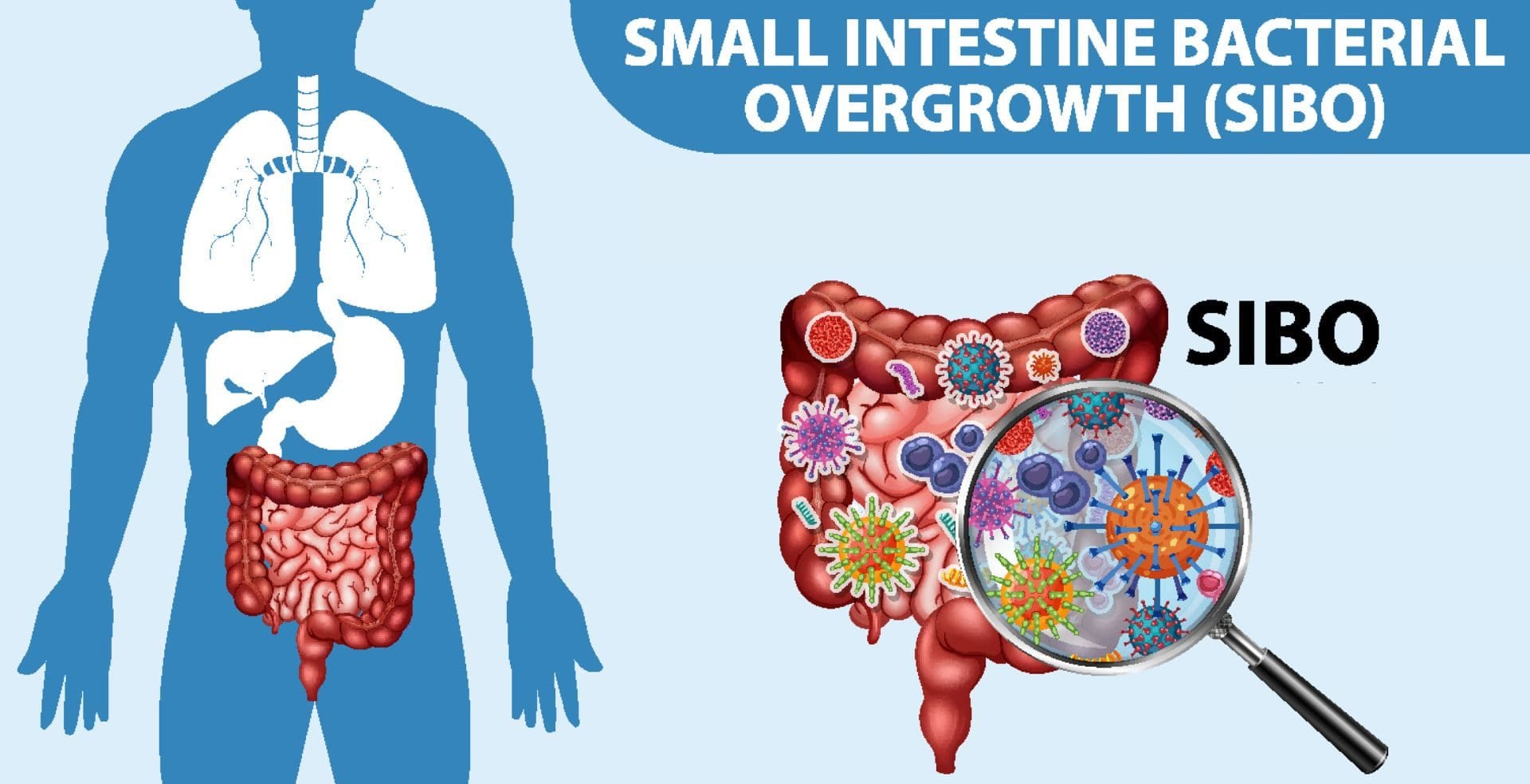6 natural solutions for heartburn
By naturopath Margaret Jasinska
Heartburn is a common problem that can produce a lot of discomfort, and cause some serious damage to the oesophagus and stomach if it persists long term. Over time, the abrasive stomach acid can cause reflux oesophagitis (inflammation of the oesophagus). The condition is sometimes a symptom of GORD. This stands for Gastro Oesophageal Reflux Disease.
Heartburn may produce a burning discomfort behind the breast bone which may extend up into the throat. Sometimes the symptoms are a lot more subtle, and a person doesn’t realise they have a digestive problem. If reflux occurs during sleep when you are horizontal, you may awaken with a sore throat or a husky voice and an irritating cough.
Heartburn is caused by the acid contents of the stomach regurgitating or flowing backwards into the oesophagus. The lining of the oesophagus is not designed to handle these high acid conditions, which leads to inflammation, and in severe cases, scarring and ulceration of the lining of the oesophagus.
Heartburn needs to be addressed because it’s a risk factor for oesophageal cancer. Oesophageal cancer rates are currently rising at a frightening pace. The stomach produces a lot of hydrochloric acid during eating and for good reason, because without it, you cannot digest proteins efficiently and you will not absorb calcium and other minerals from foods. There is a circular muscle around the lower oesophagus, which divides it from the stomach, and this normally remains contracted to prevent back flow of stomach acid. During swallowing, this muscle normally relaxes, allowing food to pass from the oesophagus into the stomach, after which it should remain contracted. If this circular muscle becomes weakened or too relaxed, heartburn can occur after meals.
If you are overweight and/or have a fatty liver, this will cause too much pressure on the stomach, and heartburn can become worse. Reversing a fatty liver is an effective way of relieving or preventing heartburn. If you need help with this, see Dr Cabot’s book Fatty Liver: You Can Reverse It.
If you suffer with long standing heartburn, it is important to see your gastroenterologist regularly, because prolonged exposure of the fragile oesophageal lining to acid can result in an increased risk of oesophageal cancer, severe scarring and narrowing (stricture formation).


The problem with antacid medication
The most common drugs are Proton Pump Inhibitors (PPIs) and Histamine 2 Receptor Antagonists. Examples of these drugs are Nexium, Somac and Tagamet.
These drugs are amongst the world’s most commonly prescribed drugs. They are used to medically treat gastric and duodenal ulcers and GORD. They may also be used to prevent stomach and duodenal ulcers associated with the use of non-steroidal anti-inflammatory drugs. PPIs reduce the production of stomach acid by blocking the enzyme in the wall of the stomach that produces acid.
There may be side effects from using these drugs long term and they include:
- An increased risk of developing osteoporosis (bone loss)
- Impaired absorption of minerals (such as magnesium, zinc and calcium)
- An increased risk of vitamin B 12 deficiency
- Kidney problems
- Increased risk of dementia
- High dose therapy with PPIs and/or Histamine -2 Receptor Blocker drugs can significantly increase the risk of hip fractures
6 heartburn solutions that really work


1. Apple cider vinegar
Apple cider vinegar is an excellent digestive aid. It helps to make your stomach more acidic, which improves digestion and triggers the release of digestive enzymes. Along with reducing heartburn and reflux, apple cider vinegar helps to ease bloating, gas and indigestion. Dilute 1 to 2 tablespoons of the apple cider vinegar in 3 tablespoons of warm water and sip slowly during your meals.


2. Bitter greens
Increase bitter greens in your diet. Leafy vegetables such as endive, chicory, radicchio and rocket all help to support your digestive system. When your tongue registers the bitter taste, nerves send signals to your stomach, intestines, pancreas and liver to increase digestive secretions. It is important to produce sufficient digestive enzymes and stomach acid, because they act like disinfectants, helping to prevent the overgrowth of harmful gut bugs and yeast in your digestive system.


3. Eliminate problematic foods
Gluten and dairy products are common heartburn culprits. If you have a sensitivity to these foods and your body is not able to digest them properly, they can cause heartburn and other symptoms of indigestion. It’s possible for other seemingly healthy foods to be the culprit, if you have a food intolerance. Examples include eggs, nuts, corn or soy. You may need to make an appointment with a healthcare professional who can help you work out problematic foods.


4. Reduce your intake of sugar
This is important because sugar encourages the development of small intestinal bacterial overgrowth (SIBO), and fungal overgrowth. Most of the bacteria in your digestive system is supposed to be in your large intestine. If you have too much living up higher in your small intestine, the gases they produce as metabolic waste products travel up into your stomach, increasing the pressure inside it. The increased pressure can cause some stomach contents to travel upwards, causing heartburn and reflux.


5. Glutamine
Glutamine is wonderfully soothing to the lining of your digestive tract. It is therapeutic for relieving the symptoms of heartburn and helps to heal the tissue. If you suffer with heartburn it is best to take one teaspoon after each meal.


6. Avoid heartburn triggers
Avoid heartburn triggers, such as coffee, alcohol, spicy foods and citrus fruits. Not all of these foods aggravate heartburn in each individual, but they are common triggers. Most people can enjoy some coffee and alcohol, as part of a meal. It is best to avoid consuming them on an empty stomach.
If you suffer with heartburn, I hope you’ll find these tips helpful. Please make sure you see a doctor for an accurate diagnosis and management of your condition. You will find a lot more helpful information in Dr Cabot’s book Healthy Bowel, Healthy Body.









Leave A Comment